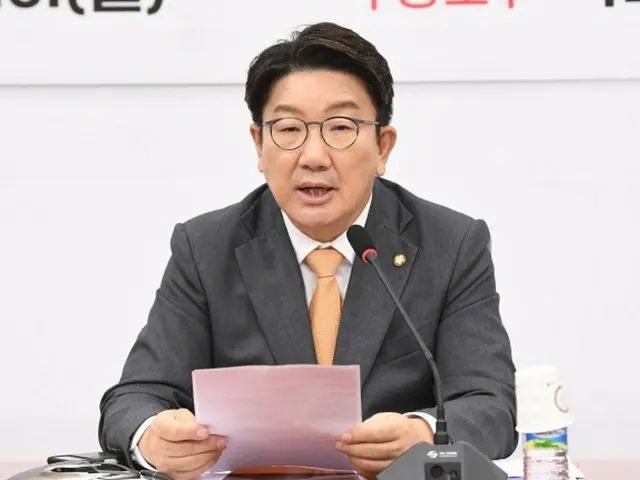"We want them to take the lead," Kwon said at a meeting on the ground to overcome the semiconductor industry crisis held at the Pangyo building of Telechips, a system semiconductor design company, that afternoon.
"The core of the semiconductor special law is to develop talented human resources and create an environment in which they can expand their capabilities. It must include special working hour clauses," he argued.
Kwon said, "This is the essential condition for the Special Semiconductor Act to be a special law. It must reflect the voices of the workers and guarantee a flexible working environment."
"In addition, the Democratic Party of Korea is calling for a special semiconductor law that excludes this clause," he said. "It's armchair theory that doesn't understand the global situation or listen to the voices of those on the ground.
"The reason we vowed to complete the process within February is because of the urgent reality facing our semiconductor industry," he said. "It's time to think about our national interest and our responsibilities to the people, not political calculations.
"We reiterate our call for bipartisan cooperation among opposition parties so that the draft of the Special Conductor Act can be passed by the end of February," he added.
2025/02/19 20:56 KST
Copyrights(C) Herald wowkorea.jp 83

